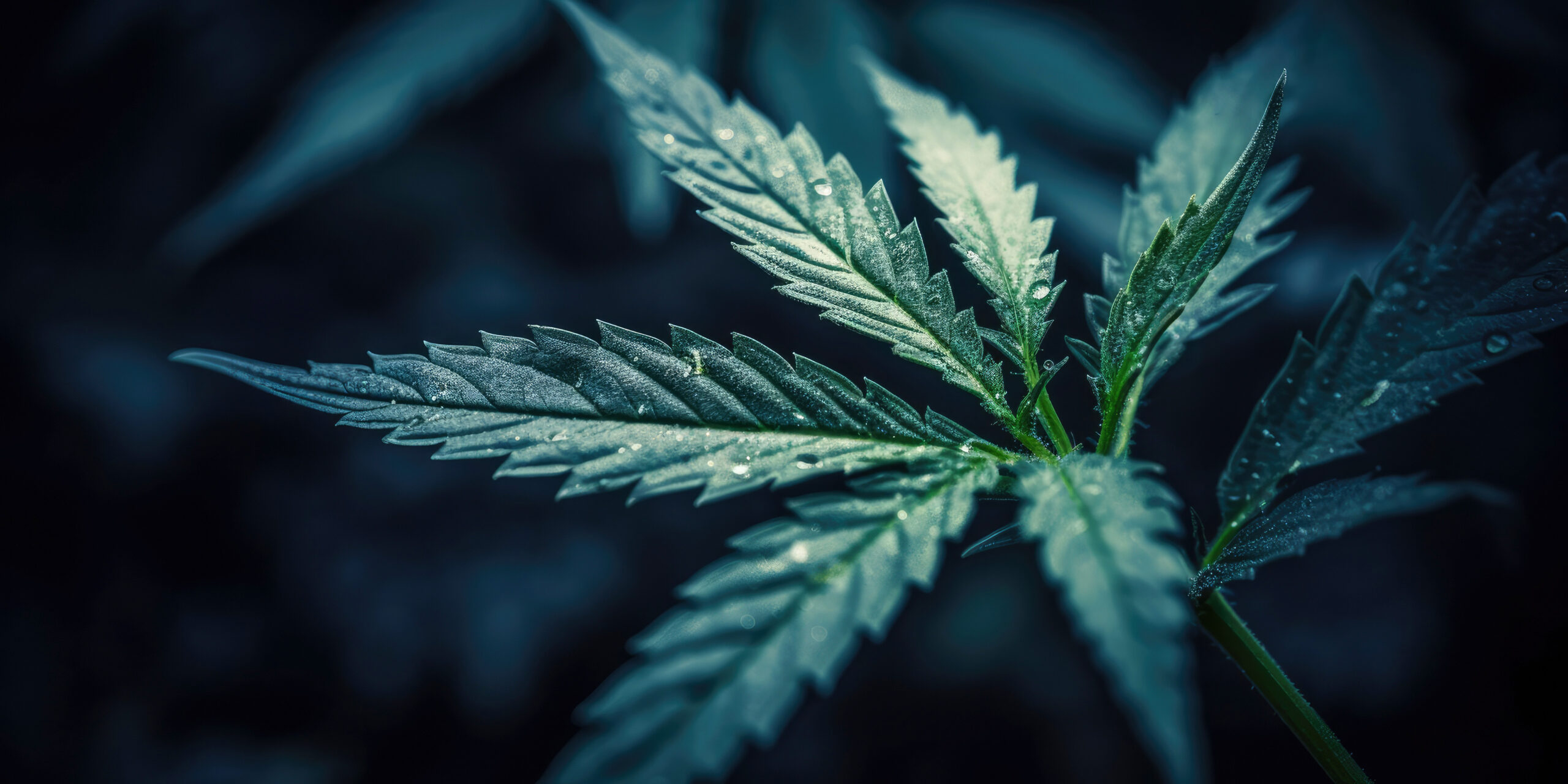Texas Senate Passes Ban on Consumable THC – A Problem Or A Solution?
The Texas Senate has recently passed Senate Bill 3 (SB 3), aiming to ban all consumable THC products statewide. This legislative move seeks to address concerns over public health risks associated with THC consumption, particularly among minors.
The bill’s passage has sparked a multifaceted debate involving public health officials, business owners, law enforcement, and medical marijuana patients. This blog delves into the origins of THC legalization in Texas, outlines the key provisions of SB 3, and assesses the impact on the state’s Compassionate Use Program. We have also shed light on the bill’s future trajectory.
Stay tuned and keep reading the end.
How THC Became Legal in Texas?
THC’s path to legality in Texas began in 2019 with House Bill 1325, which legalized hemp products containing no more than 0.3% delta-9 THC. While intended to boost agriculture, the law unintentionally opened the door for intoxicating hemp-derived cannabinoids like delta-8 and high-ratio delta-9 products.
Businesses quickly capitalized on the loophole, leading to a booming market with over 8,000 stores selling THC-infused items. Now, lawmakers argue the industry has spiraled out of control, targeting children and exploring legal gray areas. Instead of refining regulations, Texas leaders are pushing for an outright ban. It’s threatening livelihoods and patient access to alternatives.
Key Provisions of Senate Bill 3
Senate Bill 3 has proposed a sweeping ban on all consumable THC products, including delta-8 and delta-9. It cites claims that some exceed the potency of illegal marijuana. Lawmakers argue that deceptive marketing targets children and that the industry operates with minimal oversight.
However, critics see this as government overreach, ignoring the medical relief and economic benefits these products provide. Instead of sensible regulation, Texas lawmakers are opting for prohibition. They are potentially pushing consumers towards unregulated, dangerous alternatives. This bill is threatening small businesses and patients who rely on THC for pain management, anxiety, and other health conditions.
Arguments for the Ban
Lt. Gov. Dan Patrick and State Sen. Charles Perry claim THC poses a serious public health risk. They linked it to psychiatric issues like psychosis, schizophrenia, and suicide. They also argue that THC products are being marketed to children through misleading packaging and candy-like forms. While regulation is necessary, a complete ban ignores the reality that prohibition often fuels unregulated markets.
Instead of shutting down an entire industry, Texas lawmakers should focus on responsible oversight. They should ensure that these products are safe and properly labeled rather than driving consumers towards unsafe alternatives and driving legitimate businesses out of the market.
Arguments Against the Ban
Business owners warn that banning all THC Products would devastate the hemp industry. It will wipe out 90% of sales and put small businesses and farmers at risk. Instead of an outright ban, many have advocated for stricter regulations, such as age restrictions and policy limits.
This will address lawmakers’ concerns while keeping the industry alive. A total ban ignores the economic reality and forces consumers to turn to unregulated sources. Texas has an opportunity to create a responsible, controlled market rather than repeating past prohibition mistakes that hurt businesses, limit consumer choice, and push a thriving industry back into the shadows.
Law Enforcement and Regulation Challenges
Texas law enforcement faces a growing dilemma with THC variants as the legal landscape remains murky. Officers struggle to differentiate between legal hemp-derived products and illegal marijuana. It’s creating enforcement inconsistencies.
A complete ban might seem straightforward, but it might raise new complications. Businesses that have operated legally for years are now threatening lawsuits, arguing that the state is unfairly targeting them.
Rather than resolving confusion, the ban could flood courts with legal battles and strain resources. Instead of prohibition, a clear regulatory framework with precise testing, labeling, and licensing could help law enforcement while preserving the industry.
Refusing to regulate responsibly, Texas risks pushing THC into the black market, making it even harder to monitor. The state should focus on clarity and enforcement strategies that balance public health concerns with economic and legal realities.
Impact on Texas’ Compassionate Use Program
While SB 3 does not impact medical marijuana patients, it highlights Texas’s inconsistent stance on THC. On one hand, the state acknowledges cannabis’ medical benefits through the Compassionate Use Program. On the other, it aggressively bans consumable THC products, cutting off access for many who still rely on them.
Senate Bill 1505 aims to expand dispensary access, but patients may struggle with affordability and availability without broader reform. Instead of restrictive bans, Texas should focus on responsible regulation that serves both patients and businesses.
What Happens Next?
With SB 3 moving to the Texas House, the debate is far from over; previous attempts. Previous delta-8 THC has failed, and the house may take a moderate stance, favoring regulation over prohibition. Tensions between the Senate and the House could lead to revisions or even stall the bill entirely.
Lawmakers must balance public health concerns with economic realities, ensuring that policies are based on science and fairness rather than political pressure or fear-driven narratives.
At Hill Family Cannabis, a division of Hill Family Medicine led by Dr. Matthew Hill, we remain committed to providing natural, evidence-based treatments through Texas’ Compassionate Use Program. If you or a loved one is seeking alternative treatments for chronic conditions, contact Hill Family Cannabis to learn more about our personalized medical cannabis options. Our mission is to enhance the well-being and quality of life for individuals managing chronic and debilitating conditions. We are here to guide you through your treatment journey.
Get in touch with us today!





